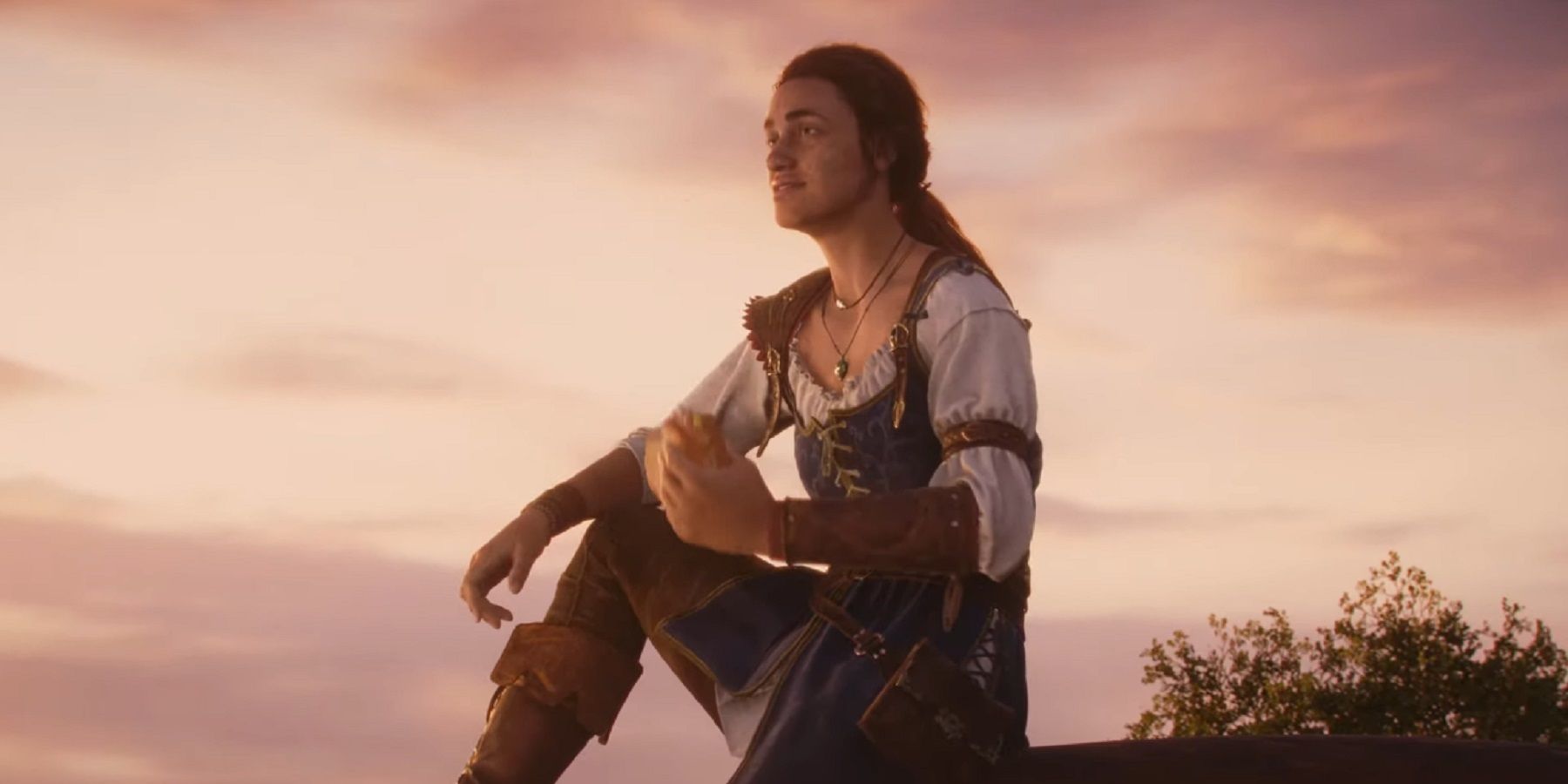
What Fable 4 Must Learn from the Original Trilogy's Game-Changing Mechanics

Fable 4's evolution is evident, and exploring the original trilogy unveils vital mechanics the upcoming title must reintroduce for an elevated experience
Highlights
Remakes and reboots of iconic games are trendy, with titles like Resident Evil 4 Remake setting new standards in gaming technology. A Fable reboot is on the way too.
Fable 4 has the opportunity to enhance dropped mechanics, such as Armour Rating, in a modernized way. Drawing inspiration from successful titles like Diablo 4 and Baldur's Gate 3, Fable 4 should prioritize extensive character customization and offer meaningful choices with significant consequences.
Remakes and reboots of iconic games have become popular, as franchises revisit their most successful titles to amaze fans with the latest gaming technology updates. There have already been several success stories in this trend, such as the highly acclaimed Resident Evil 4 Remake, which set a new standard for subsequent remasters in the horror genre. The Fable series has remained dormant for over a decade, but now, with the development of Fable 4 as a reboot of the original trilogy, Playground Games has a wide range of titles to draw inspiration from in order to deliver an exciting gaming experience. Given that fans expect significant improvements in Fable 4, the developer must analyze the reception of previous editions to determine which elements to incorporate and which to leave behind.
The announcement of another Fable game at the 2020 Xbox Games Showcase generated genuine excitement among fans of the RPG genre, after a long period of absence. However, information about the features of Fable 4 has been limited in the following years, leaving many disappointed. Nevertheless, Playground Games finally broke its silence by releasing a trailer at the 2023 Summer Games Fest, where the traditional humorous elements that made the original Fable trilogy beloved were prominently showcased. With this reboot, the developer has the opportunity to introduce even more dynamics to further enhance the game's chances of success.
A Glance at the Original Fable Trilogy's Performances Could Elevate Fable 4
The Fable franchise faces an uphill battle due to the unfavorable reception of its latest trailer, despite its comedic focus. During the recent Xbox Games Showcase, the first glimpse of in-game footage for Fable 4, fans flooded YouTube with dislikes, highlighting their dissatisfaction with the protagonist's appearance. This isn't the first time the franchise has disappointed its fan base. The removal of the Fable 1 Armour Rating in subsequent titles elicited strong reactions from players.
Character customization plays a crucial role in enhancing gameplay, as demonstrated by the success of games like Diablo 4 and Baldur's Gate 3, which offer extensive customization options. The Armour Rating featured in Fable 1 may have been innovative for its time, but to remain relevant, Fable 4 should reintroduce this mechanism. Allowing players to modify individual parts of their gear would enable them to personalize their builds. Similarly, the lack of character appearance modification in Fable 1 prompted concerns about a similar approach in Fable 4, resulting in negative feedback.
Fable 4 cannot rely on a one-size-fits-all appearance for its main character like Fable 1 did, demanding that Playground Games make the necessary adjustments. Fable 2, which had the highest ratings in the main series, received praise for introducing groundbreaking mechanics like Fable World Morphing and weapon augments that greatly contributed to its success. However, the conversational aspects fell short, as the integral parts of Fable 2's story consisted of monotonous monologues that limited player interactions with non-player characters (NPCs) to a handful of expressions. Since many top-notch RPGs now feature extensive conversations between players and NPCs, Fable 4 needs to elevate its game in order to establish itself.
In a similar vein, Diablo 4's remarkable performance has provided Playground Games with plenty of inspiration for its weapon augment system. It was surprising to see Fable 3 abandon this mechanic, as incorporating special buffs and abilities should be an obvious choice for Fable 4 within the current RPG landscape. Furthermore, the Fable franchise initially set itself apart with its choice system in the first game, but Fable 3 unexpectedly deviated from expected consequences. Regardless of whether players opted for a benevolent or wicked path, their choices had no impact on the main storyline. In light of Baldur's Gate 3's recent success emphasizing the importance of choice, Fable 4 must fully integrate a comprehensive choice and consequence framework in order to honor the legacy of the original trilogy.
Fable is in development for PC and Xbox Series X/S.







